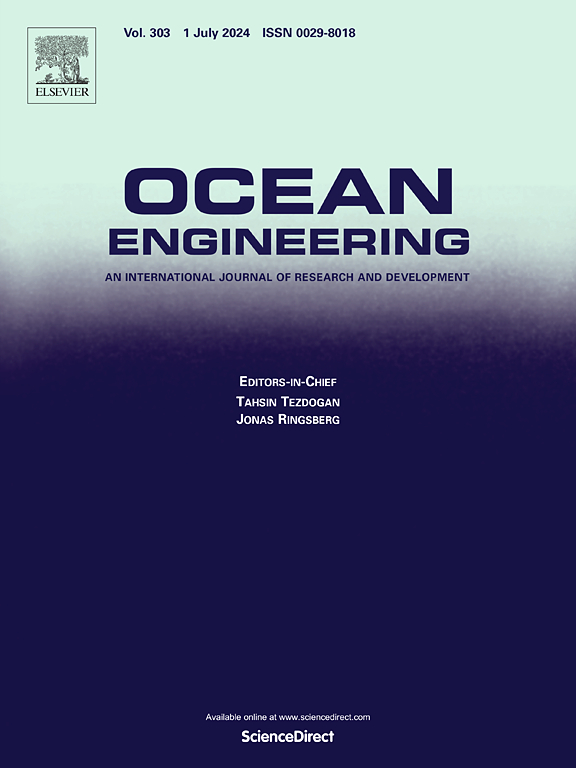Towards ecological integration into socio-technical risk assessment: A multidisciplinary system-theoretic approach
IF 5.5
2区 工程技术
Q1 ENGINEERING, CIVIL
引用次数: 0
Abstract
The marine risk picture in the high north is challenging to assess due to increasing levels of human activity, as well as environmental and ecological changes. This requires methods for holistic risk assessment, to facilitate efficient risk mitigation and emergency preparedness. Risk analysis, however, often takes a disciplinary approach, rarely combining socio-technical or operational risk analyses with thorough analyses of ecology or vice versa. One risk analysis method that may achieve this is the Systems-Theoretic Process Analysis (STPA), as it may be applied to complex socio-technological systems wider in scope than the more focussed engineering domain in which it was developed. Therefore, the objective of this paper is to investigate and propose an approach that considers potential negative impacts on ecosystems from human activities alongside socio-technical risks, to facilitate improved system safety and ecological sustainability. We propose novel extensions to the conventional STPA, called “eco-STPA”, which enhance the identification of hazards related to the ecosystem and include ecological “controls” on the system more directly, enabling holistic assessments of risk. We present an illustrative case study applied to the cruise industry in the Arctic (Barents Sea) to highlight the benefits, challenges, and special considerations required when incorporating ecological perspectives. The holistic approach may be useful for operators and regulators, providing a better understanding of how human activities impact and interact with vulnerable areas such as marine ecosystems, to ensure safer future operations for both humans and the marine environment.
将生态整合纳入社会技术风险评估:多学科系统理论方法
由于人类活动水平的提高,以及环境和生态的变化,对高北部地区的海洋风险情况进行评估具有挑战性。这就需要采取全面的风险评估方法,以促进有效的风险缓解和应急准备。然而,风险分析通常采用学科方法,很少将社会技术或操作风险分析与生态学的彻底分析相结合,反之亦然。一种可以实现这一目标的风险分析方法是系统理论过程分析(STPA),因为它可以应用于复杂的社会技术系统,范围比它所开发的更集中的工程领域更广泛。因此,本文的目的是研究并提出一种方法,考虑人类活动对生态系统的潜在负面影响以及社会技术风险,以促进系统安全性和生态可持续性的提高。我们提出了传统STPA的新扩展,称为“生态-STPA”,它增强了对生态系统相关危害的识别,并更直接地包括对系统的生态“控制”,从而实现风险的整体评估。我们提出了一个应用于北极(巴伦支海)邮轮行业的说说性案例研究,以强调在纳入生态观点时所需要的好处、挑战和特殊考虑。整体方法可能对运营商和监管机构有用,可以更好地了解人类活动如何影响和与海洋生态系统等脆弱区域相互作用,以确保人类和海洋环境更安全的未来作业。
本文章由计算机程序翻译,如有差异,请以英文原文为准。
求助全文
约1分钟内获得全文
求助全文
来源期刊

Ocean Engineering
工程技术-工程:大洋
CiteScore
7.30
自引率
34.00%
发文量
2379
审稿时长
8.1 months
期刊介绍:
Ocean Engineering provides a medium for the publication of original research and development work in the field of ocean engineering. Ocean Engineering seeks papers in the following topics.
 求助内容:
求助内容: 应助结果提醒方式:
应助结果提醒方式:


